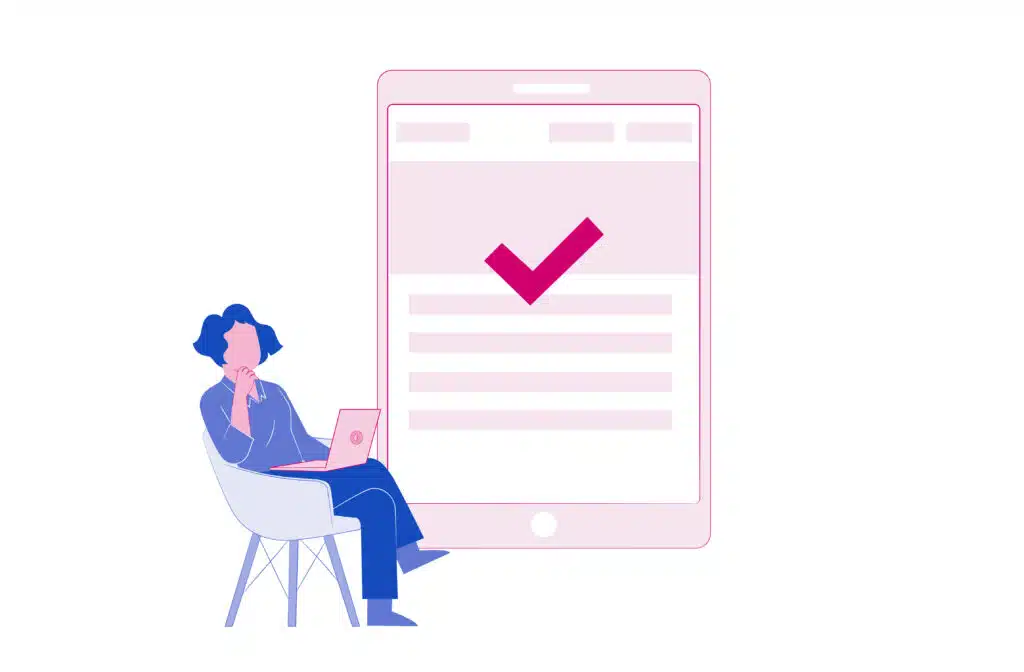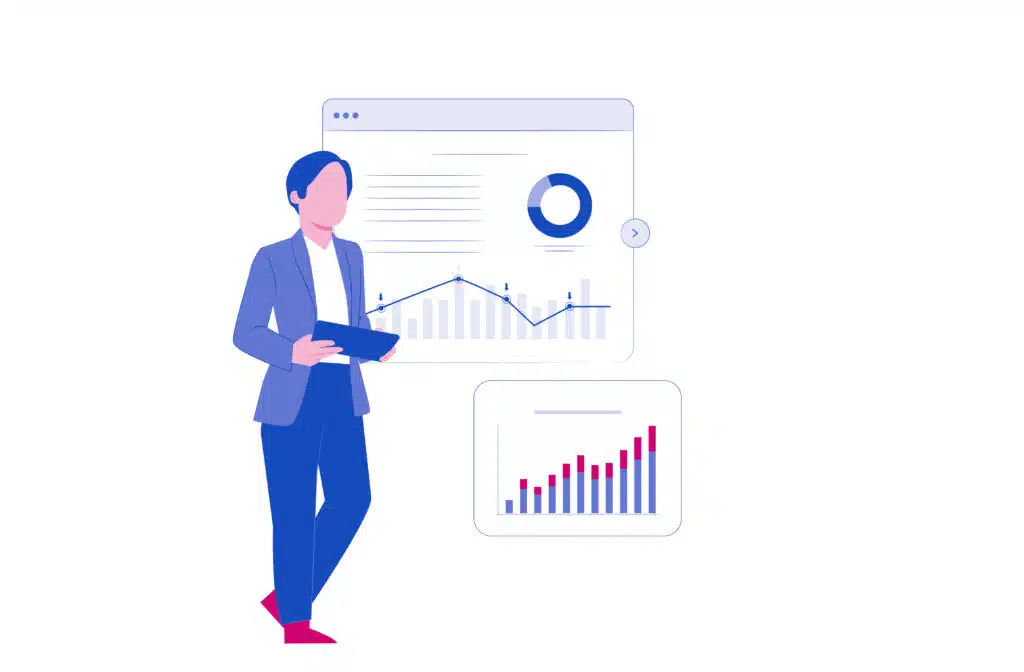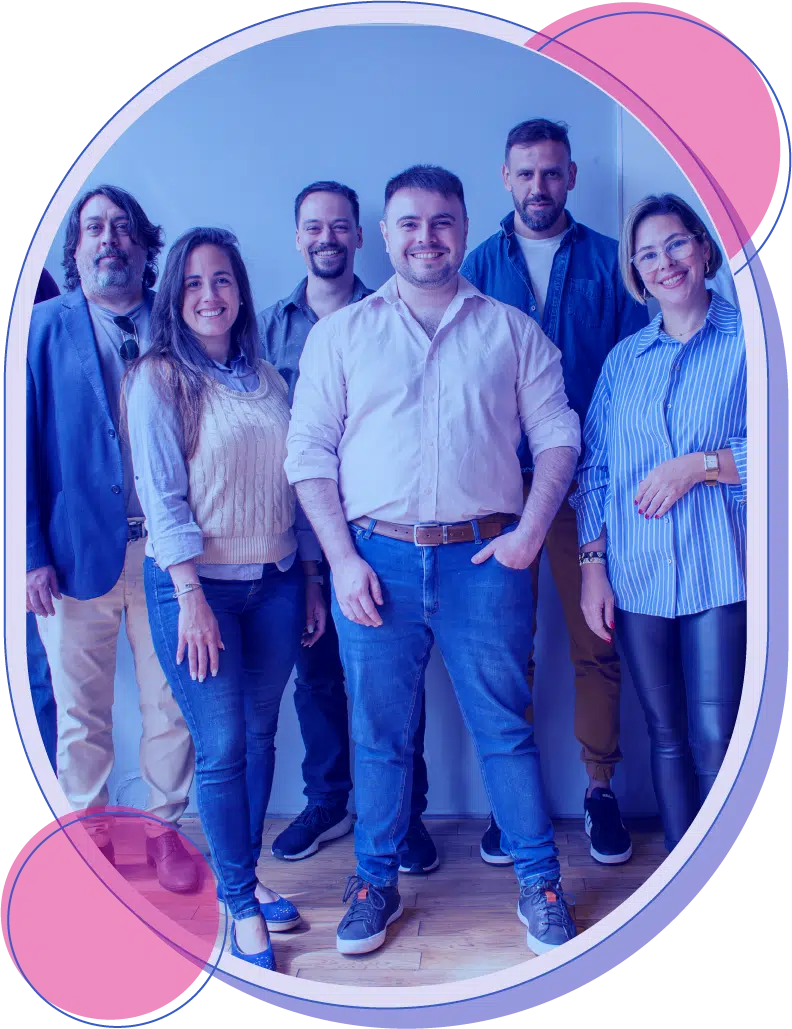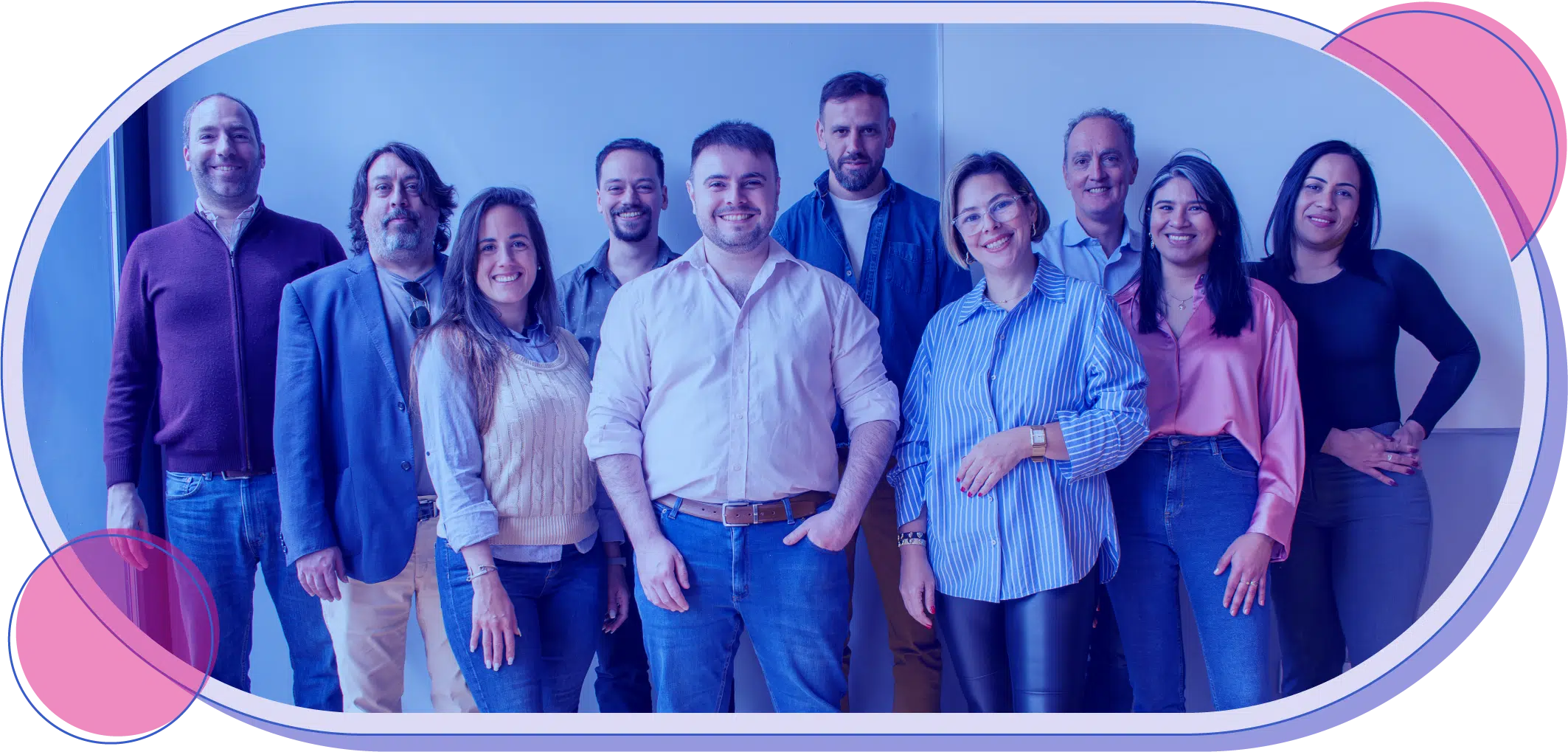Effective project management within service delivery is crucial for navigating the complexities of software development projects. Nowadays, projects are becoming increasingly intricate, requiring innovative approaches to ensure timely delivery, cost efficiency, and stakeholder satisfaction.
At Coorva, we understand the challenges organizations encounter and provide a proven framework for achieving remarkable outcomes. By integrating agile methodologies, fostering transparent communication, and prioritizing risk management, Coorva empowers teams to overcome obstacles and deliver exceptional results.

The Evolution of Project Management in the Digital Age
The digital age has revolutionized project management by introducing new tools, techniques, and challenges.
While traditional project management methodologies remain relevant in certain contexts, they often struggle to keep pace with the rapid changes and uncertainties of today’s dynamic business environment.
Effective service delivery thrives on diverse skills and perspectives. Collaboration is key to achieving shared goals.
In contrast, agile project management has emerged as a powerful alternative with its iterative approach and strong emphasis on flexibility.
Traditional vs. Agile Project Management Methodologies
Traditional project management methodologies follow a linear, sequential approach where projects are divided into distinct phases, with each phase completed before proceeding to the next.
This method is effective for projects with well-defined requirements and minimal changes. However, in the digital age, where requirements often evolve and uncertainties are prevalent, the inflexibility of traditional methodologies can result in delays, cost overruns, and missed opportunities.
In contrast, agile project management thrives on change and uncertainty. It breaks projects into smaller, manageable iterations, fostering continuous feedback and adaptation.
This agile approach allows teams to promptly respond to evolving requirements, mitigate risks proactively, and deliver value incrementally throughout the project lifecycle.
Importance of Stakeholder Collaboration and Communication
Stakeholders encompass anyone with an interest in the project, including sponsors, customers, team members, and end-users. Engaging stakeholders from the outset and maintaining ongoing communication are crucial for understanding and meeting their needs and expectations.
Transparent communication channels, such as regular meetings, progress reports, and feedback mechanisms, promote collaboration and establish trust. When stakeholders feel listened to and well-informed, they are more inclined to support the project and actively contribute to its growth.
Addressing Challenges in Modern Project Management
Understanding these challenges is crucial for improving modern project management practices:
- Rapidly changing requirements: In the digital age, requirements can shift frequently due to evolving market conditions or stakeholder feedback. Project managers must adopt flexible methodologies like agile to adapt quickly and deliver value iteratively.
- Increasing complexity: Projects today often involve intricate relationships between technologies, stakeholders, and dependencies. Project managers need robust planning and communication strategies to navigate this complexity effectively.
- Global teams: Geographically dispersed teams bring diverse perspectives but also present communication and collaboration challenges. Leveraging technology for virtual meetings, clear documentation, and cultural sensitivity can enhance team cohesion and productivity.
- Tight deadlines and budgets: Organizations face intense pressure to complete projects within constrained timelines and budgets. Effective resource allocation, risk management, and regular performance monitoring are essential to meet these demands without compromising quality.
By acknowledging and addressing these challenges proactively, project managers can implement tailored strategies and methodologies to enhance project outcomes and stakeholder satisfaction in today’s dynamic business environment.
Service Delivery: Coorva’s Proven Project Management Framework
Coorva‘s Service Delivery framework confronts these challenges directly, equipping teams with the essential tools and for effective service delivery to surmount obstacles and accomplish their objectives.
Agile Principles for Flexibility and Adaptability
We are dedicated to delivering the right talent your business needs most. You have the opportunity to work with experienced software development professionals, ensuring the right fit for your team.
We believe in transparent communication and proactive risk management, providing detailed insights and addressing potential issues head-on to guarantee smooth and efficient service delivery.
Our model is built on agile principles, emphasizing flexibility, adaptability, and continuous improvement. This approach allows us to respond effectively to changing requirements, ensuring your project stays on track and delivers maximum value.
A well-defined onboarding process ensures a smooth transition, setting the stage for a productive partnership. By seamlessly integrating agile principles with a client-focused approach, Coorva empowers organizations to achieve their goals efficiently and effectively.
Transparent Communication Channels for Enhanced Collaboration
Coorva’s framework places a strong emphasis on transparent communication, equipping teams with the necessary tools and channels to foster effective collaboration. This approach includes:
- Regular meetings: Teams convene regularly to review progress, address challenges, and make informed decisions together.
- Progress reports: Stakeholders receive frequent updates on project advancements, ensuring they are kept informed of the project’s status and milestones.
- Feedback mechanisms: Throughout the project lifecycle, teams actively seek input from stakeholders, ensuring their requirements are understood and integrated into project activities.
By prioritizing transparent communication, Coorva’s framework cultivates trust and collaboration among team members and stakeholders alike.
Focus on Risk Management and Mitigation
Coorva’s framework comprehensive risk management and mitigation strategies, encompassing several key practices:
- Identifying risks: Teams systematically identify potential risks that could affect the project’s progress and outcomes.
- Assessing risks: Risks are evaluated based on their probability of occurrence and potential impact on project objectives.
- Developing mitigation plans: For high-priority risks, proactive mitigation plans are formulated to minimize their impact or likelihood of occurrence.
- Monitoring risks: Throughout the project lifecycle, risks are closely monitored to detect any changes in their status or emergence of new risks. Mitigation plans are adjusted accordingly to maintain project resilience.

By emphasizing on risk management practices, Coorva’s framework empowers teams to anticipate and address potential challenges proactively.
Achieving Exceptional Service Delivery Through Strategic Partnership and Collaboration
Coorva’s approach to project management transcends mere tools and techniques. It’s a strategic partnership that empowers organizations to achieve their project goals.
Coorva collaborates closely with clients to deeply understand their individual needs and challenges. This collaborative effort ensures that Coorva tailors its framework to precisely fit the specific context of each client, fostering alignment and maximizing the effectiveness of project outcomes.
Alignment of Project Goals and Objectives with Business Strategy
The framework is designed to ensure that project goals and objectives are closely aligned with the organization’s overarching business strategy. This strategic alignment is crucial as it guarantees that projects not only deliver tangible value but also contribute significantly to the long-term growth of the organization.
Continuous Monitoring and Evaluation for Course Correction
Continuous monitoring and evaluation of project progress are components of the framework. This proactive approach enables early identification of potential issues, facilitating timely adjustments to keep projects on track.
By consistently monitoring and evaluating progress, teams can promptly address emerging challenges, thereby preventing costly delays and maintaining focus on achieving outstanding project outcomes.
Proactive Issue Resolution and Contingency Planning for Risk Mitigation
Coorva’s Service Delivery team excels in proactive issue resolution and contingency planning. Their expertise enables effective risk mitigation, ensuring projects are delivered punctually and within budget constraints.
This proactive approach not only enhances project stability but also fosters confidence among stakeholders, reinforcing Coorva’s commitment to achieving remarkable project outcomes.
Conclusion
Mastering project management is a strategic imperative for organizations that strive to thrive. Coorva’s comprehensive Service Delivery framework, grounded in agile principles, transparent communication, and robust risk management, provides organizations with the strategies for achieving exceptional project outcomes.
By leveraging Coorva’s proven strategies for growth and experienced team, organizations can confidently navigate the complexities of project management.
This approach ensures projects are delivered on time, within budget, and uphold the highest standards of quality.
Ready to optimize your team’s efficiency and streamline service delivery? Contact Coorva today to discover how our strategic partnership can empower your team and elevate your project outcomes.






